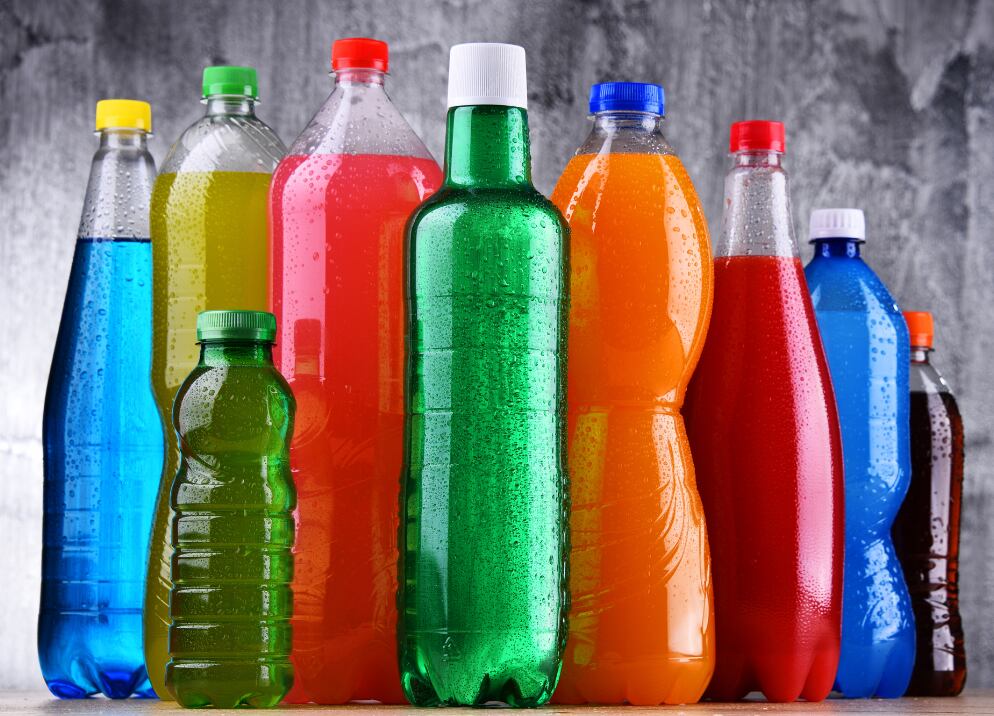A higher SSB intake was associated with hypertension, obesity, and overall higher risk of metabolic syndromes, stated academics in Iran.
Diabetes affects 4.6 million people in Iran and the Middle East is expected to see the greatest rise in diabetes cases, with an increase of 103.8% by 2040.
Methodology
The cross-sectional study recruited 157 adults with type 2 diabetes mellitus, who were not under insulin treatment and have no other diseases like cancer or kidney failure.
Biochemical (blood samples) and anthropometric measurements (waist circumference) were used to determine metabolic syndrome status.
A metabolic syndrome is defined as a cluster of abdominal obesity, high fasting blood glucose, hypertriglyceridemia, low HDL-C, and elevated blood pressure, which increases the risk for T2DM and cardiovascular diseases.
SSBs records were obtained from a validated food frequency questionnaire. Syrups, soft drinks, commercial fruit juices, sweetened milk, tea or coffee, are some examples of SSBs (8-oz serving).
The participants were categorised into group one (< 0.5 serving/week) and group two (≥ 0.5 serving/week).
Metabolic syndrome: contributing factors
The study observed participants in group two had higher abdominal obesity, which is an important metabolic syndrome component, compared to those in group one.
Researchers said, “Drinking 0.5 or more servings of SSBs in a week is associated with 4.6 fold greater odds of abdominal obesity.”
This could be a result of SSBs causing adipose tissue accumulation.
“Adiposity increases serum concentrations of leptin and leads to leptin resistance in obese subjects which has inflammatory effects.”
Although the study found no significant difference between the two groups in high blood pressure, obesity, impaired HDL, and high fasting blood sugar levels, overall, “Patients in group two who consumed ≥ 0.5 SSBs/week had 4.23 times higher risk of metabolic syndrome.”
Despite there being no significant difference in blood pressure, “Mean diastolic blood pressure was higher in group 2 at 84.96 mmHg, than 81.74 mmHg in group 1.”
“Dietary sugar can increase blood pressure by activating the sympathetic nervous system, which stimulates angiotensin II and aldosterone production from adrenal glands. Sugar-induced leptin resistance may also contribute to blood pressure,” they stated.
Sugar not so sweet after all
Participants in group two were also observed to have higher carbohydrate and lower protein intake, which is consistent with another study done in healthy Iranian adults.
Researchers hypothesised that SSBs are associated with obesity, high dietary glycemic load, insulin resistance, β-cell dysfunction, and inflammation which all contribute to the components of metabolic syndrome.
“The high content of rapidly absorbed carbohydrates such as sucrose and high-fructose corn syrup in SSBs, in conjunction with the large volume consumed, also may lead to hypertension, visceral and ectopic adipose tissue accumulation, and hepatic lipogenesis elevation.”
“Increased uric acid production and lower levels of the vasodilator nitric oxide resulted from sugar are other possible factors. Other plausible mechanisms are decreased sodium excretion, increased sodium absorption in the gut and activation of the sympathetic nervous system.”
Recommendations
The cross-section design of the study restricts a cause-and-effect relationship between SSBs and metabolic syndrome in diabetic people.
Long-standing dietary habits were also difficult to modify but researchers suggested conducting longitudinal studies in the future to cover these issues.
“Drinking SSBs, even in low amounts, could potentially elevate the risk of cardiovascular risk factors in diabetic patients. Long-term studies can better shed light on this association and distinguish any causal relationship. Until then, we recommend reducing consumption of SSBs in these patients.”
Source: Journal of Diabetes & Metabolic Disorders
https://doi.org/10.1007/s40200-019-00383-5
“Sugary beverages are associated with cardiovascular risk factors in diabetic patients”
Authors: Razieh Anari, et al.


